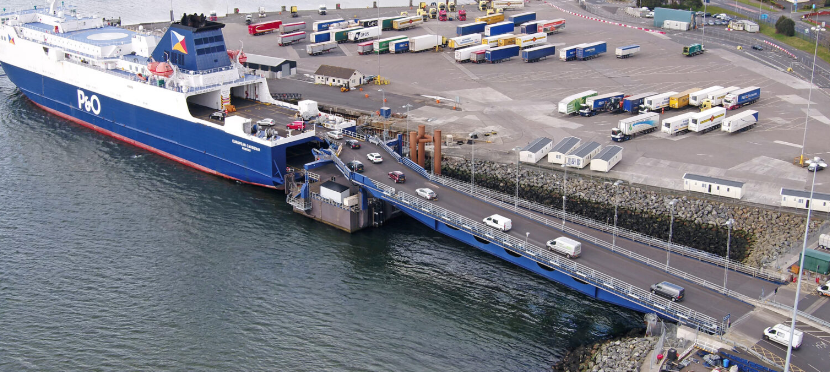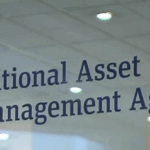British exporters are voicing growing frustration over post-Brexit customs procedures, blaming unclear guidance, mounting costs, and poor communication from HM Revenue and Customs (HMRC) for delays and disruption across the supply chain.
A new report, commissioned by HMRC and conducted by research firm Ipsos, offers a candid look at the challenges facing UK businesses moving goods across the EU border. Based on interviews with 35 traders and freight agents, the study reveals that although goods movement is described as “generally smooth” by most respondents, many also report a system that is expensive, opaque, and a major source of stress for staff.
Some exporters cited instances where goods were unexpectedly stopped at the border, with little to no communication from authorities. “There’s no one to contact when something goes wrong — we’re just left in the dark,” said one exporter, describing the emotional toll on workers. “One member of staff told me he can’t stand the stress of it all. It’s really getting to people.”
The financial impact is also weighing heavily on businesses. A medium-sized export agent noted that even minor issues can incur steep penalties. “Storage fees escalate fast. A single £600 fine can wipe out all your profit on a job,” they said.
Many traders highlighted difficulties in obtaining accurate contact details for HMRC, often encountering dead ends or being redirected multiple times without resolution. One small agent called the process “painful,” describing how their query was sent to Border Force instead of the appropriate customs desk.
These inefficiencies are forcing companies to incur extra costs, including hiring additional drivers and covering penalties for missed delivery times. The uncertainty surrounding border logistics has made it harder for firms to plan and meet delivery commitments.
Despite these challenges, some businesses acknowledged modest improvements in recent months. “It was mayhem after Brexit,” one trader admitted, “but recently, it’s been a lot better.”
Still, experts warn that bigger hurdles may lie ahead. William Bain, Head of Trade Policy at the British Chambers of Commerce, noted that the report was compiled before the full introduction of UK import controls, including physical checks on food and plant products. “Customs and border processes remain a daily pain point,” Bain said, urging UK and EU leaders to agree on an agri-food deal and scrap certain declarations to ease the burden.
In response, HMRC stated that it continues to refine procedures based on business feedback and remains committed to “simplifying customs and reducing burdens.”
But with more stringent checks still to come, many exporters feel the system is still falling short. “We get customer complaints due to border delays,” one exporter concluded, “but we get loads of complaints about loads of things.”










